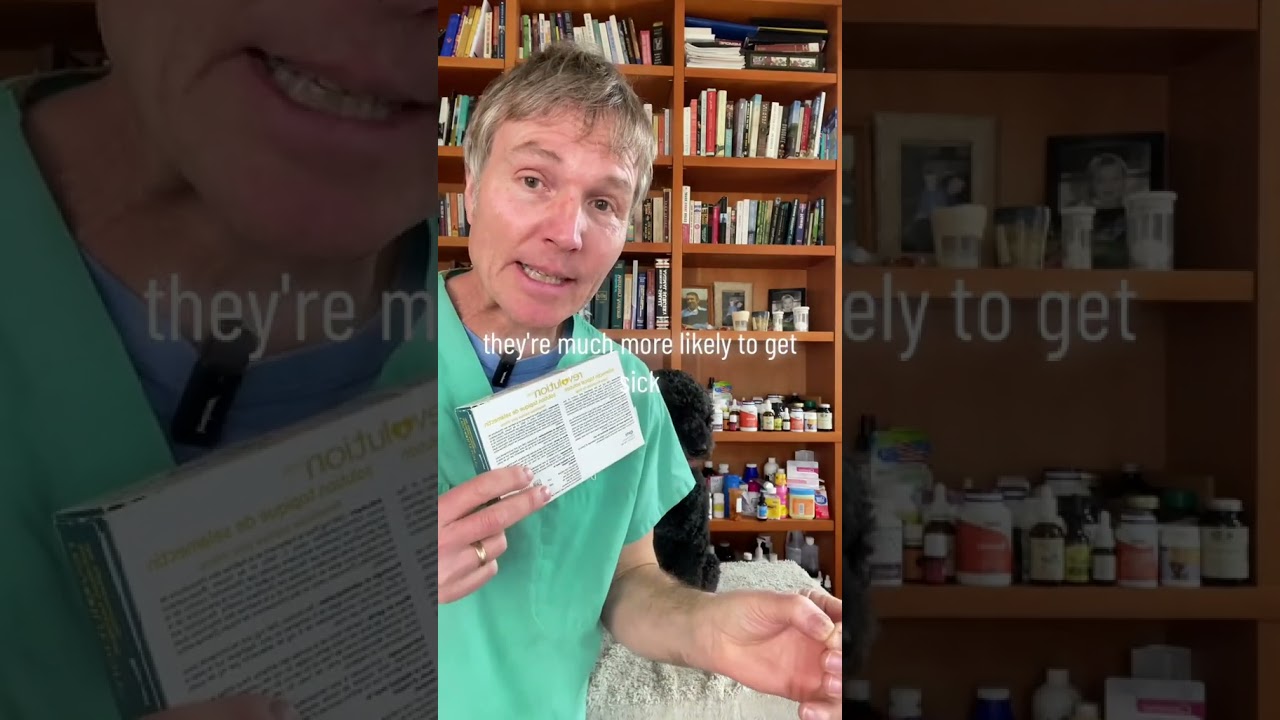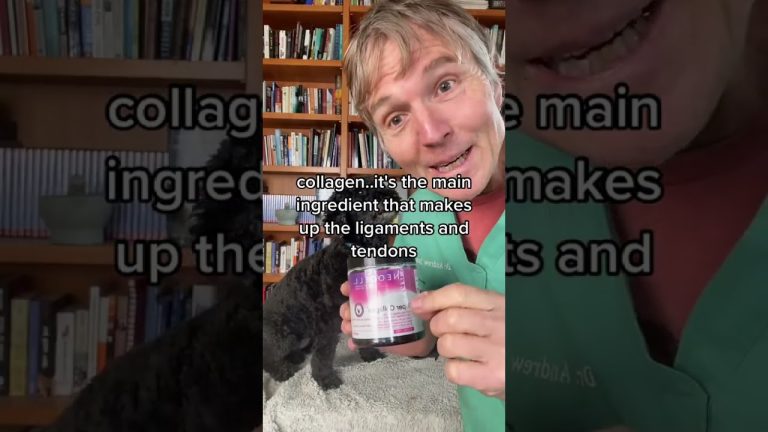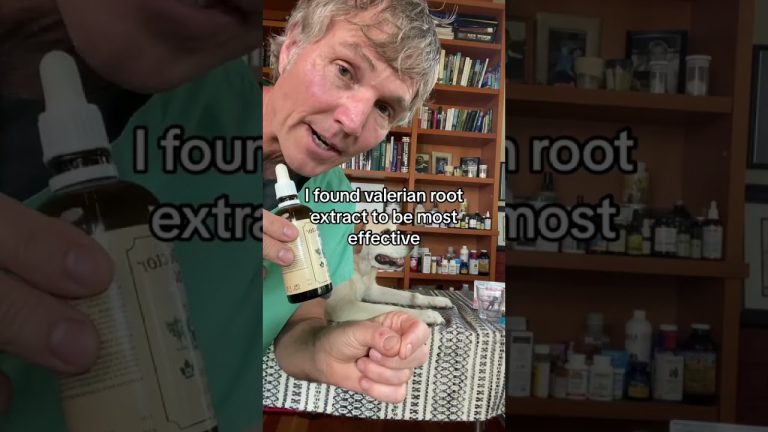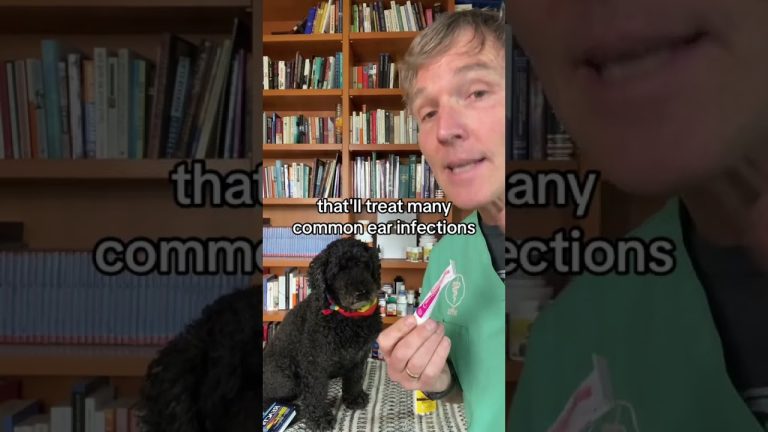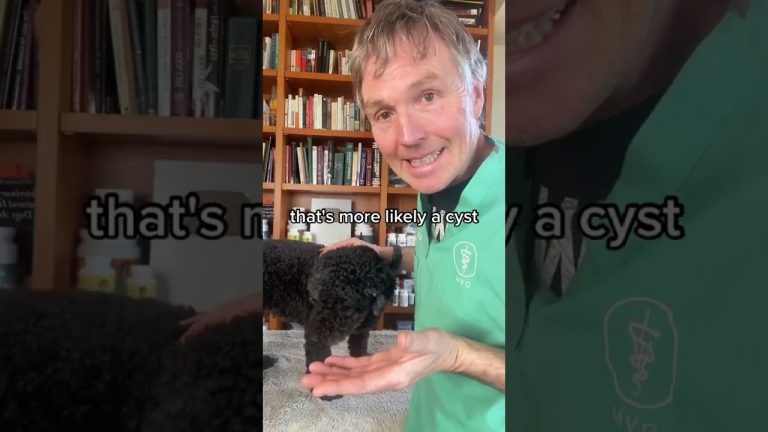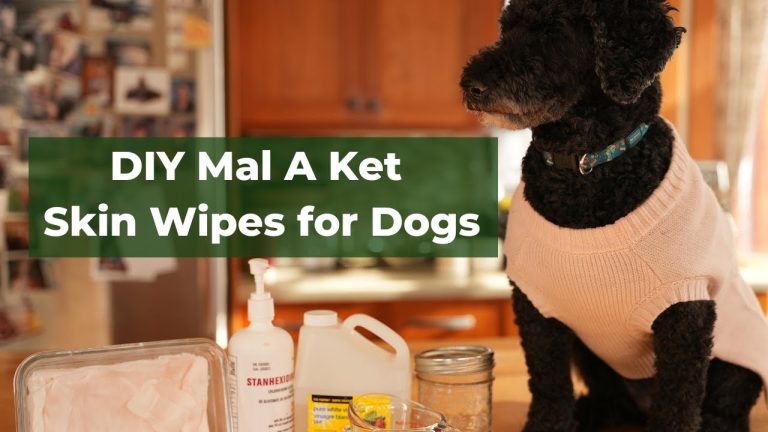Veterinarian Explains: 3 Conventional Habits keeping your Pets Sick
A veterinarian specializes in in-depth understanding of animal health, shedding light on three common conventional practices that might unknowingly be compromising your pet’s well-being.
Veterinarian Explains: 3 Conventional Habits Keeping Your Pets Sick
Introduction
In a world where pets are considered members of the family, their health and well-being should be a top priority for pet owners. However, many conventional practices that seem harmless may actually be detrimental to our furry friends’ health. Dr. Jones, a renowned veterinarian, sheds light on three common habits that may be keeping pets sick. Let’s delve into his eye-opening insights and valuable advice for pet owners.
1. Feeding Commercially Processed Food
Pets are often fed commercially processed pet food, assuming it meets all their nutritional needs. However, Dr. Jones warns that this practice can lead to sickness due to the lack of essential nutrients. The convenience of these foods may come at a cost to our pets’ health, as they may not be getting the balanced diet they require.
- Commercial pet foods may lack vital vitamins and minerals necessary for pets’ optimal health.
- Homemade pet food, supplemented with professional guidance, can be a healthier alternative for pets.
2. Conventional Insecticides and Health Risks
Another common habit that can have a negative impact on pets’ health is the use of conventional insecticides. While these products may effectively rid pets of pests temporarily, long-term use can result in severe health issues. Dr. Jones emphasizes the importance of exploring natural alternatives to protect pets from harmful chemicals.
- Natural insect repellents, such as essential oils, can be safer options to protect pets from pests.
- Constant exposure to conventional insecticides may lead to toxicity in pets over time.
3. Blindly Following Vet Recommendations
Owners often trust veterinarians without questioning their recommendations. While vets have the best intentions for pets, it is essential for owners to be proactive in seeking alternatives if needed. Dr. Jones encourages pet owners to ask more questions during vet visits and to take responsibility for their pets’ health.
- Owners should research treatment options and voice any concerns to ensure the best care for their pets.
- Seeking a second opinion or exploring natural remedies can provide additional insight into pet healthcare.
Conclusion
In conclusion, by understanding the potential harmful effects of common practices, pet owners can take proactive steps to enhance their pets’ health and well-being. Dr. Jones’ valuable advice offers a holistic approach to pet care, emphasizing the importance of natural alternatives and informed decisions. Remember, your pets rely on you for their health – make informed choices to provide them with the best care possible.
FAQs
- What makes commercially processed pet food harmful to pets’ health?
- How can pet owners protect their pets from pests without using conventional insecticides?
- Why is it important to question vet recommendations for pet treatments?
- What are some natural alternatives to medications for pets?
- How can Dr. Jones’ free book help pet owners improve their pets’ health?
